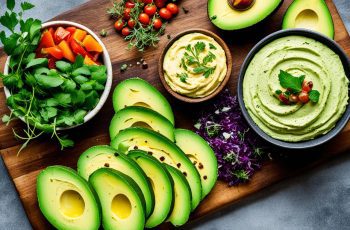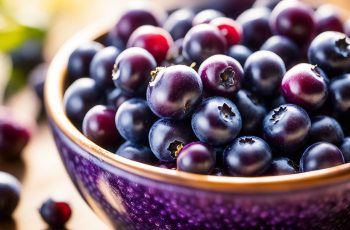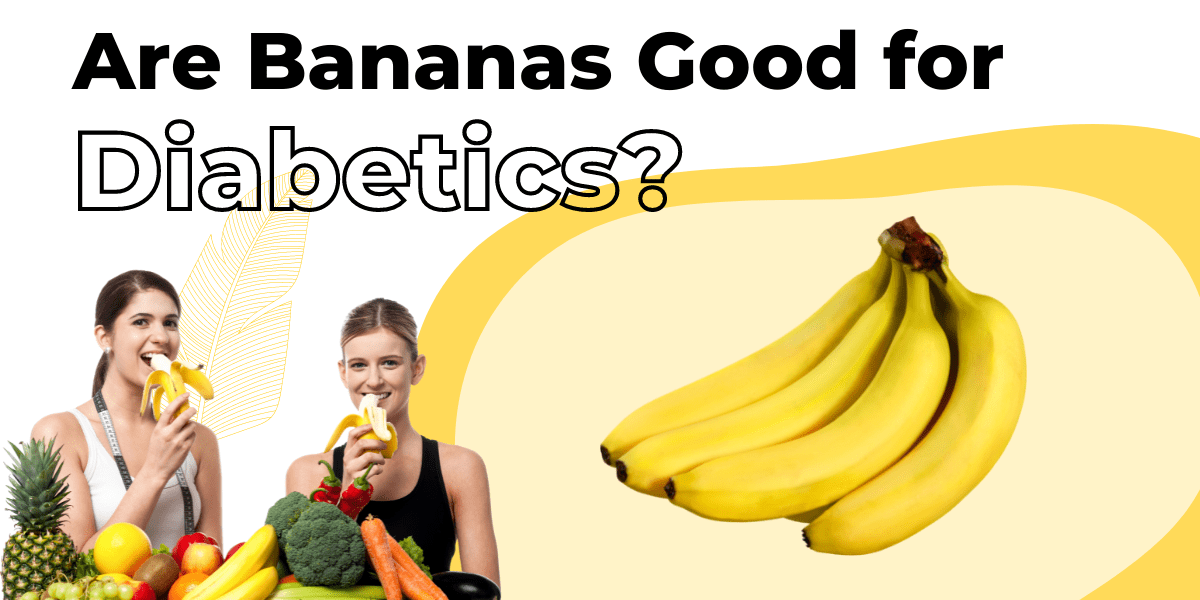
When you have diabetes, your body cannot produce or properly use insulin. This causes your blood sugar to rise, which can lead to serious health problems, including heart disease, stroke, kidney disease, and blindness. The good news is that by managing your blood sugar levels, you can help reduce your risk of these complications. And one way to do that is by eating certain foods—like bananas. Here’s what you need to know about how bananas can help manage diabetes.
Bananas are a good source of fiber. Fiber helps slow down the absorption of sugar into your bloodstream, which helps keep your blood sugar levels from rising too high. Bananas are also a good source of potassium. Potassium helps regulate blood pressure and keeps your heart healthy. And since people with diabetes are at an increased risk for heart disease, this is an important benefit.
While bananas have many benefits for people with diabetes, it’s important not to eat too many of them. A good rule of thumb is to limit yourself to two servings per day. A serving size is one medium banana or half a cup of mashed banana. It is also important to remember that even though bananas are a healthier choice than some other foods, they still contain carbohydrates and calories.
So if you’re trying to lose weight, you’ll need to be mindful of how many bananas you are eating and make sure they fit into your overall daily calorie goals.
Health Benefits of Bananas for People with Diabetes
1. Bananas Can Help Regulate Blood Sugar Levels
One of the most important things people with diabetes need to do is regulate their blood sugar levels. And eating bananas can help with that. Bananas are a good source of dietary fiber, which helps slow down the absorption of sugar into the bloodstream. They are also a good source of resistant starch, which has been shown to help improve blood sugar control.
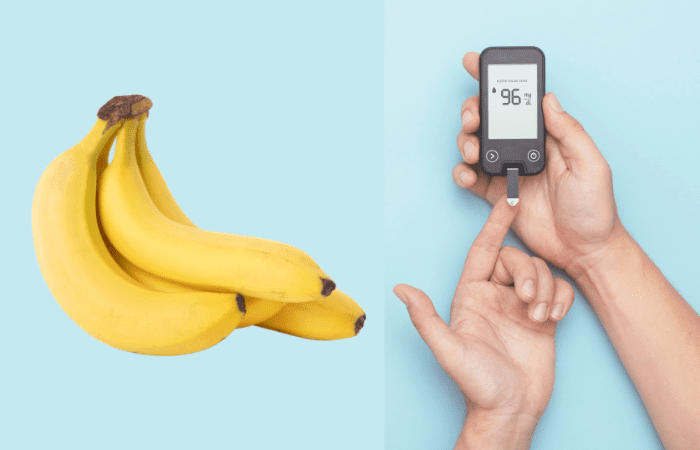
2. Bananas Are Nutrient-Dense
Bananas are not only a good source of fiber and resistant starch—they’re also packed with vitamins, minerals, and antioxidants. In fact, just one medium banana contains 3 grams of fiber, 2 grams of protein, 10% of your daily intake of vitamin C, 12% of your daily potassium needs, and small amounts of vitamins B6 and B12. Potassium is especially important for people with diabetes because it helps counteract the effects of sodium and can help lower blood pressure levels.

3. Bananas May Help You Lose Weight
If you’re trying to lose weight, adding bananas to your diet may help you reach your goals. In one study, women who ate three servings of high-fiber foods per day—including bananas—lost more weight and had a smaller waist circumference than women who didn’t eat as much fiber. What’s more, other research has shown that replacing refined carbs like white bread and rice with healthy carbs like bananas may help reduce belly fat.

4. Bananas May Reduce Your Risk of Heart Disease
People with diabetes are at an increased risk for heart disease. But eating bananas may help lower that risk by improving several risk factors for heart disease including blood pressure levels and cholesterol levels. In one study, people who ate four weekly servings of fruits—including bananas—had a significant reduction in LDL (“bad”) cholesterol and an increase in HDL (“good”) cholesterol compared to those who didn’t eat fruit regularly.

Are Bananas Healthy For Diabetics?
If you have diabetes, you may have been told to steer clear of sugary fruits like bananas. However, the truth is that bananas can be a healthy part of your diet as long as you eat them in moderation. Let us take a closer look at why bananas are often demonized by the diabetic community and whether or not they really are bad for your health.
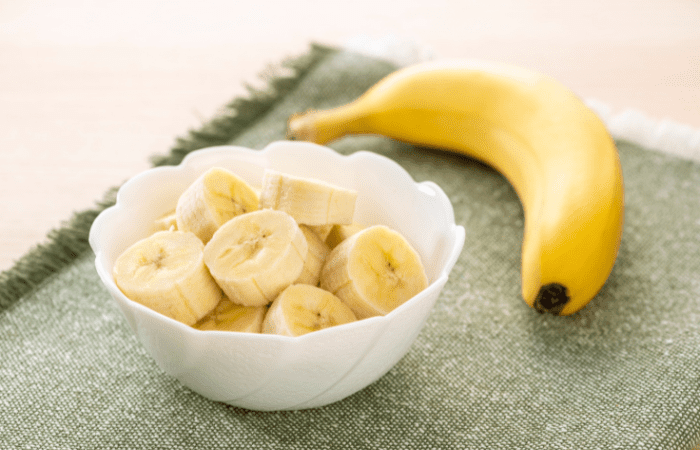
Bananas and Diabetes
The main issue with bananas and diabetes is the fruit’s high sugar content. One small banana contains about 14 grams of sugar, which is more than most people with diabetes should be eating in one sitting. When consumed in excess, all that sugar can cause dangerous spikes in blood sugar levels.
Additionally, bananas are fairly high on the glycemic index, meaning they can cause blood sugar levels to rise more quickly than other fruits. For this reason, it’s important to pair bananas with other low-glycemic foods like nuts or avocado to help slow down the release of sugar into the bloodstream.
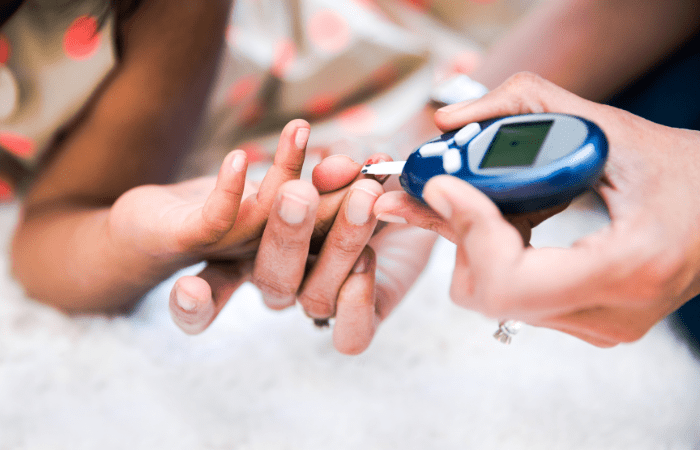
So, Are Bananas Still Healthy for Diabetics?
Despite their drawbacks, bananas still have a lot of nutritional value, especially for diabetics. Bananas are a good source of fiber, potassium, and vitamins C and B6. They also contain magnesium, which has been shown to help regulate blood sugar levels. So, while you shouldn’t go overboard on eating bananas if you have diabetes, they can still be a healthy part of your diet when consumed within limits.
Are Bananas Bad For Diabetics?
In a nutshell, bananas are not bad for diabetics. In fact, they can be a good choice as part of a healthy diet. However, there are a few things to keep in mind. First, because bananas are high in carbohydrates, they can cause your blood sugar to spike if you eat too many of them at one time. That’s why it’s important to eat them in moderation and pair them with other foods that will help to stabilize your blood sugar levels. Second, ripe bananas have a higher glycemic index than unripe ones, so if you are watching your blood sugar levels, it’s best to choose bananas that are less ripe.
All things considered, bananas can be a good choice for diabetics as part of a healthy diet. Just be sure to eat them in control.
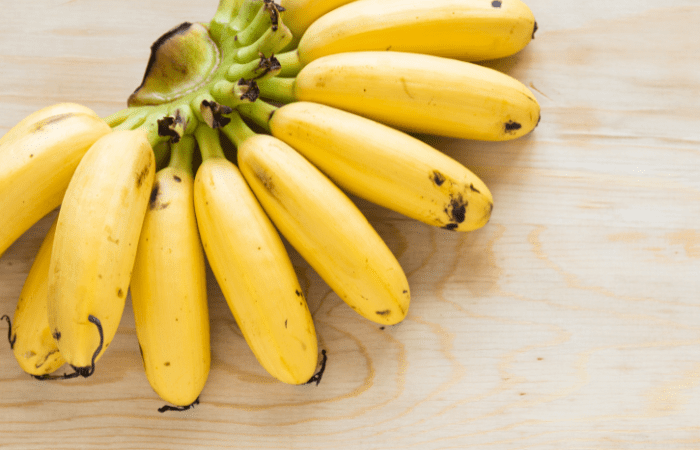
Are Banana Chips Good For Diabetics?
Banana chips are thin slices of banana that have been fried in oil and often coated with sugar. While they may contain some nutrients from the banana, such as potassium, they are also high in unhealthy saturated fats and calories. Moreover, the frying process destroys many of the beneficial antioxidants found in bananas.
For people with diabetes, it’s important to avoid foods that can cause blood sugar spikes. Banana chips are full of simple carbohydrates, which the body breaks down into glucose quickly. This can cause a sudden rise in blood sugar levels, which can be dangerous for people with diabetes. In addition, the high fat content of banana chips can make them difficult for the body to process properly. For these reasons, it is best to avoid banana chips if you have diabetes.
Banana chips may seem like a healthy snack option because they are made from fruit. However, you should know that they are often fried in oil and coated with sugar, which makes them high in calories and unhealthy fats.
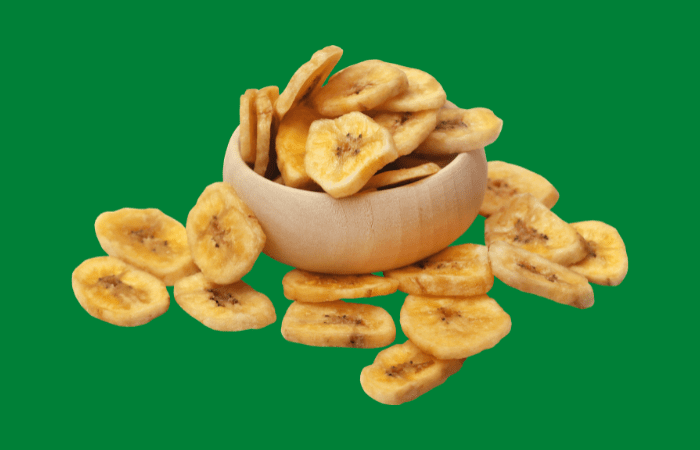
Conclusion
If you have diabetes, it’s important to be mindful of the foods you eat. All in all, bananas are not bad for diabetics. They can be eaten as part of a healthy diet, but it’s important to eat them in moderation and to pair them with other low-glycemic foods. On the other hand, since banana chips are high in unhealthy fats and simple carbohydrates, it is recommended that you stay away from them.
With that being said, if you are a diabetic person and not sure if you can incorporate bananas in your diet, it is best to consult with your physician to avoid unwanted circumstances. They can surely assist you on what kind of meal plan is appropriate for you and your condition.
Frequently Asked Questions (FAQs)
How Many Bananas Can a Diabetic Eat a Day?
Generally speaking, most diabetics are able to have one or two medium-sized bananas per day, taking into account the other fruits you may be eating.
Does Bananas Raise Your Blood Sugar?
Depending on how ripe it is, a banana might affect blood sugar levels. Unripe green bananas have resistant starch, which lowers blood sugar levels and may help with long-term blood sugar control. Bananas that are yellow (ripe) have more sugar, which could result in a greater blood sugar spike.
How Many Bananas is a Diabetic Allowed to Eat?
Bananas are safe for diabetics to eat in moderation. When asked how much bananas should diabetics consume, a tiny banana twice or three times a week is safe. However, a diabetic should not eat bananas every day.
What Happens If You Eat Banana Every Morning?
Bananas can assist to increase satiety and support digestive health when consumed before breakfast or as part of a balanced meal. Several essential micronutrients, including potassium and vitamin C, are found in bananas.
Is it OK for Diabetic to Eat Banana?
A diabetic should consume a variety of fresh, whole foods, such as nutrient-rich fruits and vegetables, in their diet. In moderation, as part of a healthy, tailored eating plan, banana is a fruit that individuals with diabetes can eat that is both safe and nutritious.



